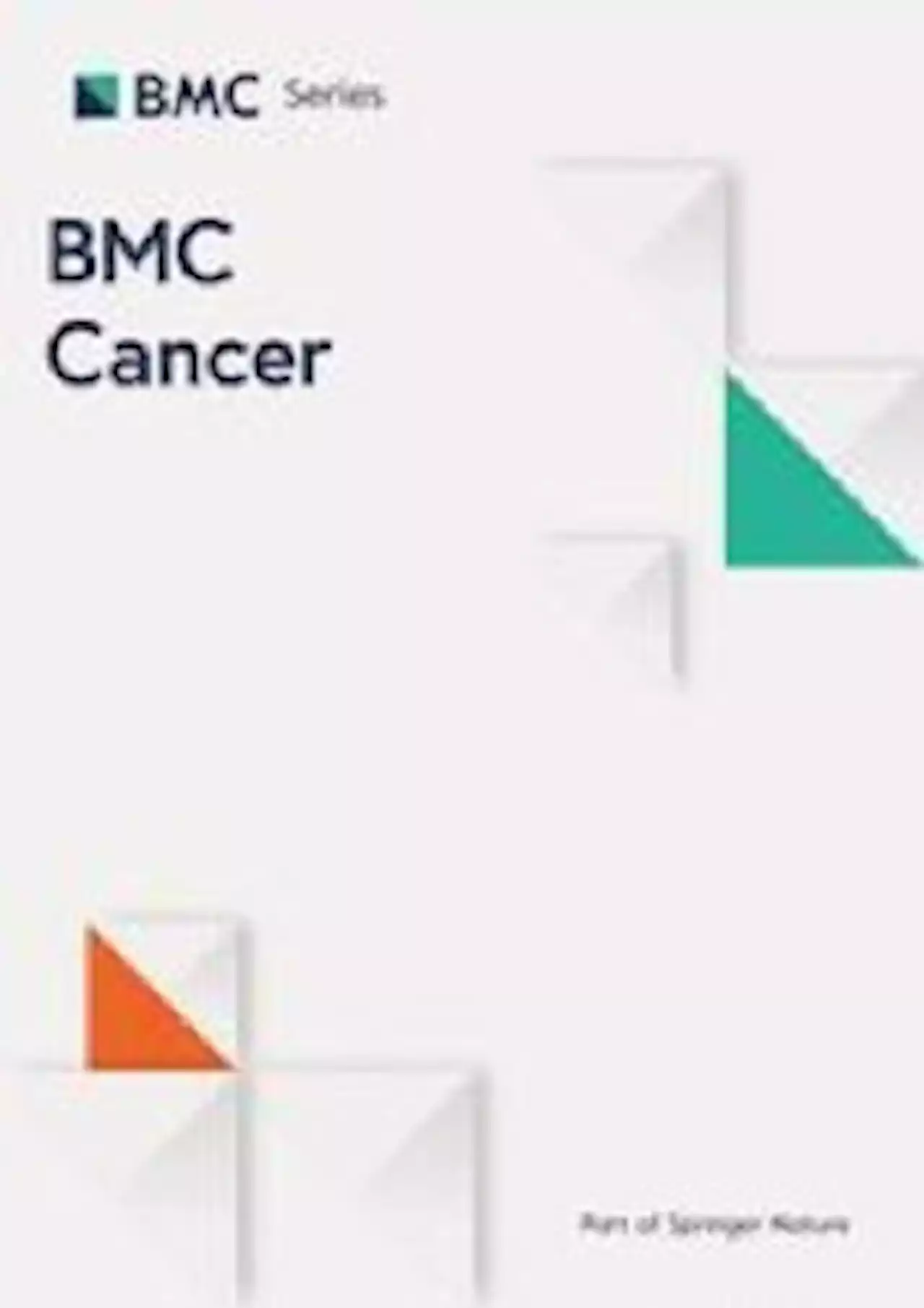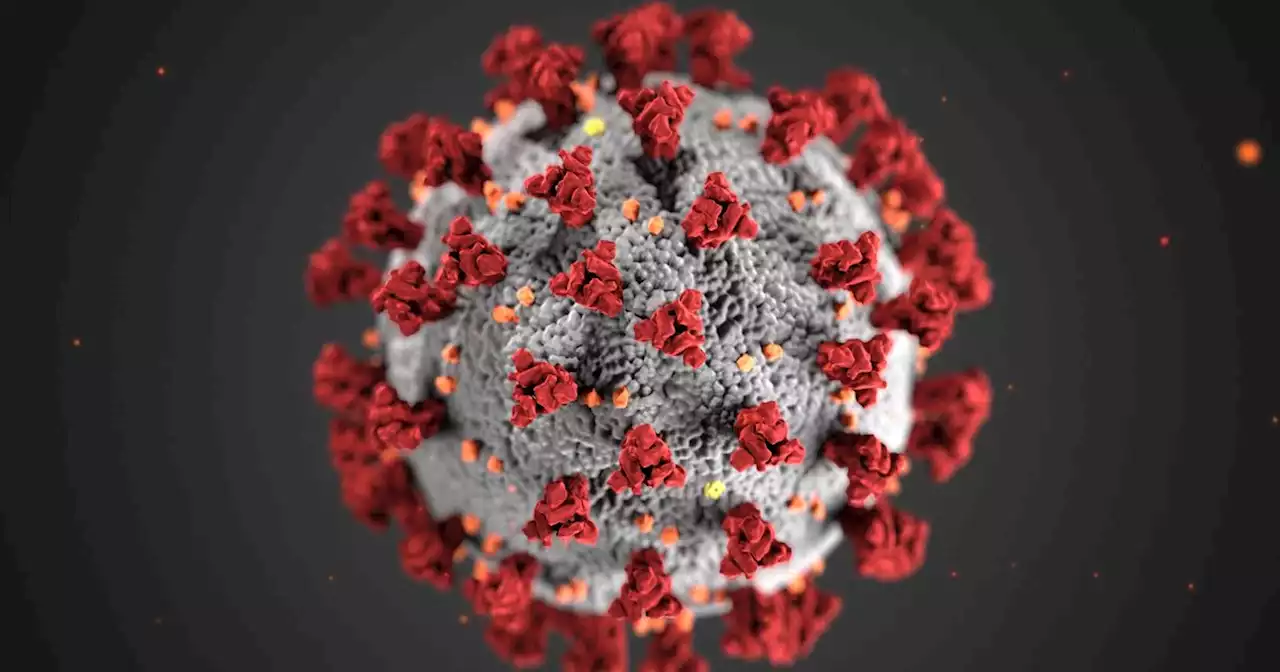Risk factors associated with type 2 diabetes-related mortality Cancer riskfactors CVD Type2diabetes diabetes KidneyDisease Cardiovascular PLOSMedicine HKUniversity
By Bhavana KunkalikarFeb 5 2023Reviewed by Benedette Cuffari, M.Sc. In a recent study published in PLoS One, researchers assess population-attributable risk variables for cause-specific and all-cause mortality due to type 2 diabetes.
As both the incidence of risk factors and the robustness of their relationships with mortality change by age, there may be significant age-related variation with respect to the contribution of risk variables to the mortality burden in a population. In patients with type 2 diabetes, the leading risk factors associated with cause-specific and all-cause mortality across different age cohorts remain unknown.
People with type 2 diabetes who were eligible for the present study were participants of the RAMP-DM between January 1, 2000, and December 31, 2019, and were at least 18 years old at the time of evaluation. The study was scheduled for September 2021, and the analysis was conducted from September 2021 to March 2022.
In terms of LDL-C, HbA1c, and systolic blood pressure /diastolic blood pressure , 54%, 50.2%, and 33.5% of individuals did not meet the recommended treatment targets, respectively. The current smoking prevalence among the participants was 13.4%. The absolute mortality risk rose with increasing age at baseline. The crude all-cause death rate was ten times greater among individuals aged 75 years or older than among those between 18 and 54 years of age.
Ireland Latest News, Ireland Headlines
Similar News:You can also read news stories similar to this one that we have collected from other news sources.
 Eczema as a protective factor for brain cancer: a meta-analysis - BMC CancerBackground Brain cancer is one of the most aggressive cancer types owing to poor treatment effects. Epidemiological studies have demonstrated that allergies may increase the disease risk. Therefore, this study evaluated the association between eczema and the risk of various brain cancers. Methods We systematically searched the PubMed and Embase databases from their inception until June 23, 2022. Two reviewers independently reviewed and screened the articles, extracted data, assessed the study quality, and pooled the results. Stata software was used to generate pooled odds ratios and 95% confidence intervals (CIs). Results We included 20 studies comprising 5,117,222 patients that investigated the relationship between eczema and brain cancer. Eczema was significantly inversely associated with the risk of brain cancer (odds ratio [OR], 0.82; 95% CI, 0.77–0.87), glioma (OR, 0.53; 95% CI, 0.14–2.02), meningioma (OR, 0.74; 95% CI, 0.66–0.84), and acoustic neuroma (OR, 0.60; 95% CI, 0.41–0.88). Interesting, The strong correlation between eczema and the reduced risk of brain cancer was observed in people over 16 years old (OR, 0.79; 95% CI, 0.71–0.88), but not in those under 16 years old (OR, 0.94; 95% CI, 0.79–1.11). In addition, subgroup analyses found that eczema significantly decreased the glioma risk in Europeans (OR, 0.73; 95% CI, 0.65–0.82) but not Australians (OR, 0.53; 95% CI, 0.14–2.02) or Americans (OR, 1.01; 95% CI, 0.69–1.46). Conclusion Eczema may be considered as a potential protective factor of brain cancer in population aged over 16 years. However, this relationship requires verification using large-scale clinical data.
Eczema as a protective factor for brain cancer: a meta-analysis - BMC CancerBackground Brain cancer is one of the most aggressive cancer types owing to poor treatment effects. Epidemiological studies have demonstrated that allergies may increase the disease risk. Therefore, this study evaluated the association between eczema and the risk of various brain cancers. Methods We systematically searched the PubMed and Embase databases from their inception until June 23, 2022. Two reviewers independently reviewed and screened the articles, extracted data, assessed the study quality, and pooled the results. Stata software was used to generate pooled odds ratios and 95% confidence intervals (CIs). Results We included 20 studies comprising 5,117,222 patients that investigated the relationship between eczema and brain cancer. Eczema was significantly inversely associated with the risk of brain cancer (odds ratio [OR], 0.82; 95% CI, 0.77–0.87), glioma (OR, 0.53; 95% CI, 0.14–2.02), meningioma (OR, 0.74; 95% CI, 0.66–0.84), and acoustic neuroma (OR, 0.60; 95% CI, 0.41–0.88). Interesting, The strong correlation between eczema and the reduced risk of brain cancer was observed in people over 16 years old (OR, 0.79; 95% CI, 0.71–0.88), but not in those under 16 years old (OR, 0.94; 95% CI, 0.79–1.11). In addition, subgroup analyses found that eczema significantly decreased the glioma risk in Europeans (OR, 0.73; 95% CI, 0.65–0.82) but not Australians (OR, 0.53; 95% CI, 0.14–2.02) or Americans (OR, 1.01; 95% CI, 0.69–1.46). Conclusion Eczema may be considered as a potential protective factor of brain cancer in population aged over 16 years. However, this relationship requires verification using large-scale clinical data.
Read more »
 Using genetic risk scores for predicting venous thromboembolismUsing genetic risk scores for predicting venous thromboembolism Genetic Thromboembolism VenousThromboembolism Genetics Cardiovascular SportsMedicine PLOSONE UMNews UNC uvmvermont
Using genetic risk scores for predicting venous thromboembolismUsing genetic risk scores for predicting venous thromboembolism Genetic Thromboembolism VenousThromboembolism Genetics Cardiovascular SportsMedicine PLOSONE UMNews UNC uvmvermont
Read more »
 Beatson centre to mark World Cancer Day with special projectionThe Beatson West of Scotland Cancer Centre is marking World Cancer Day with a special projection.
Beatson centre to mark World Cancer Day with special projectionThe Beatson West of Scotland Cancer Centre is marking World Cancer Day with a special projection.
Read more »
 Researchers at the University of Wolverhampton have received grant to develop male contraceptiveResearch leads at the University of Wolverhampton have been granted more than £120,000 by an American charity in a bid to develop a male contraceptive.
Researchers at the University of Wolverhampton have received grant to develop male contraceptiveResearch leads at the University of Wolverhampton have been granted more than £120,000 by an American charity in a bid to develop a male contraceptive.
Read more »
 New Covid variant, Orthrus, causing concern as it spreads rapidlyResearchers have called the strain's ability to beat vaccines 'extraordinary'
New Covid variant, Orthrus, causing concern as it spreads rapidlyResearchers have called the strain's ability to beat vaccines 'extraordinary'
Read more »
 Proteomics reveals a distinct IFN-driven plasma cytokine response to COVID-19 in infants and young childrenProteomics reveals a distinct IFN-driven plasma cytokine response to COVID-19 in infants and young children ChildHealth Proteomics Coronavirus Disease COVID Immunity SARSCoV2 medrxivpreprint Stanford uni_tue CincyChildrens EmoryUniversity
Proteomics reveals a distinct IFN-driven plasma cytokine response to COVID-19 in infants and young childrenProteomics reveals a distinct IFN-driven plasma cytokine response to COVID-19 in infants and young children ChildHealth Proteomics Coronavirus Disease COVID Immunity SARSCoV2 medrxivpreprint Stanford uni_tue CincyChildrens EmoryUniversity
Read more »
